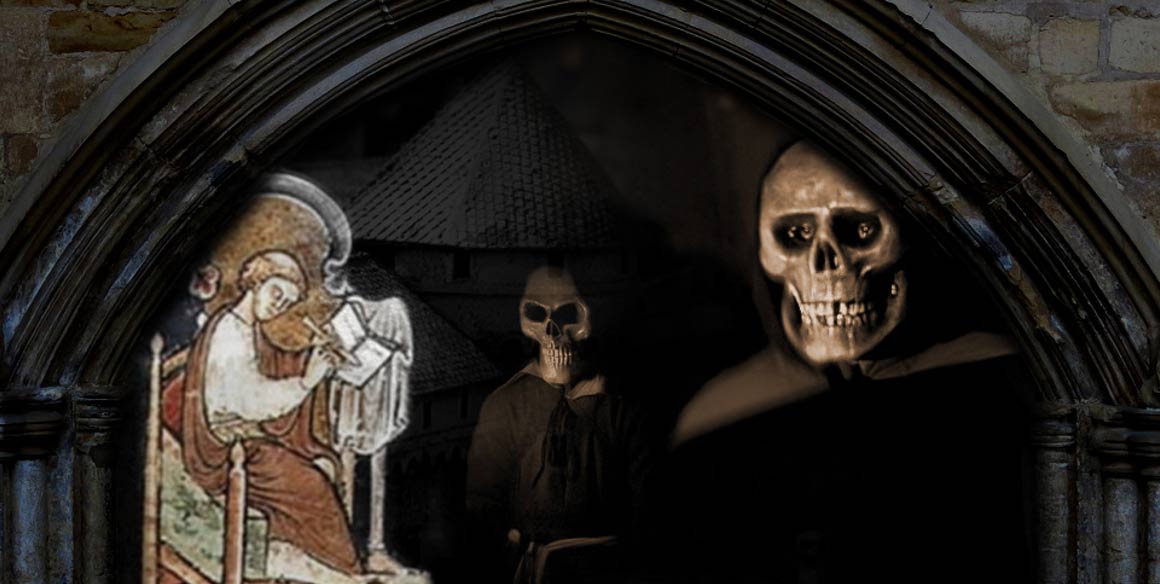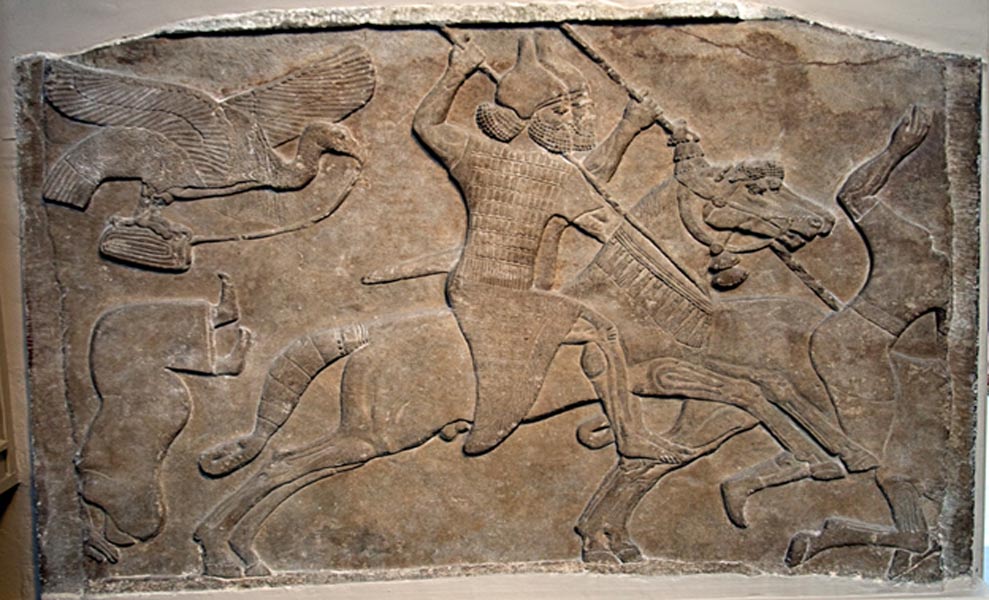William of Newburgh: Medieval Vampire Hunter?

“It would not be easy to believe that the corpses of the dead should sally from their graves, and should wander about to the terror or destruction of the living, did not frequent examples, occurring in our own times, suffice to establish this as a warning to posterity, to the truth of which there is abundant testimony.”
-William of Newburgh, writing in the 12th century.
Derived from the Latin reveniens meaning ‘returning’ or ‘to come back,’ the word revenant is used in a supernatural context to refer...Read more
